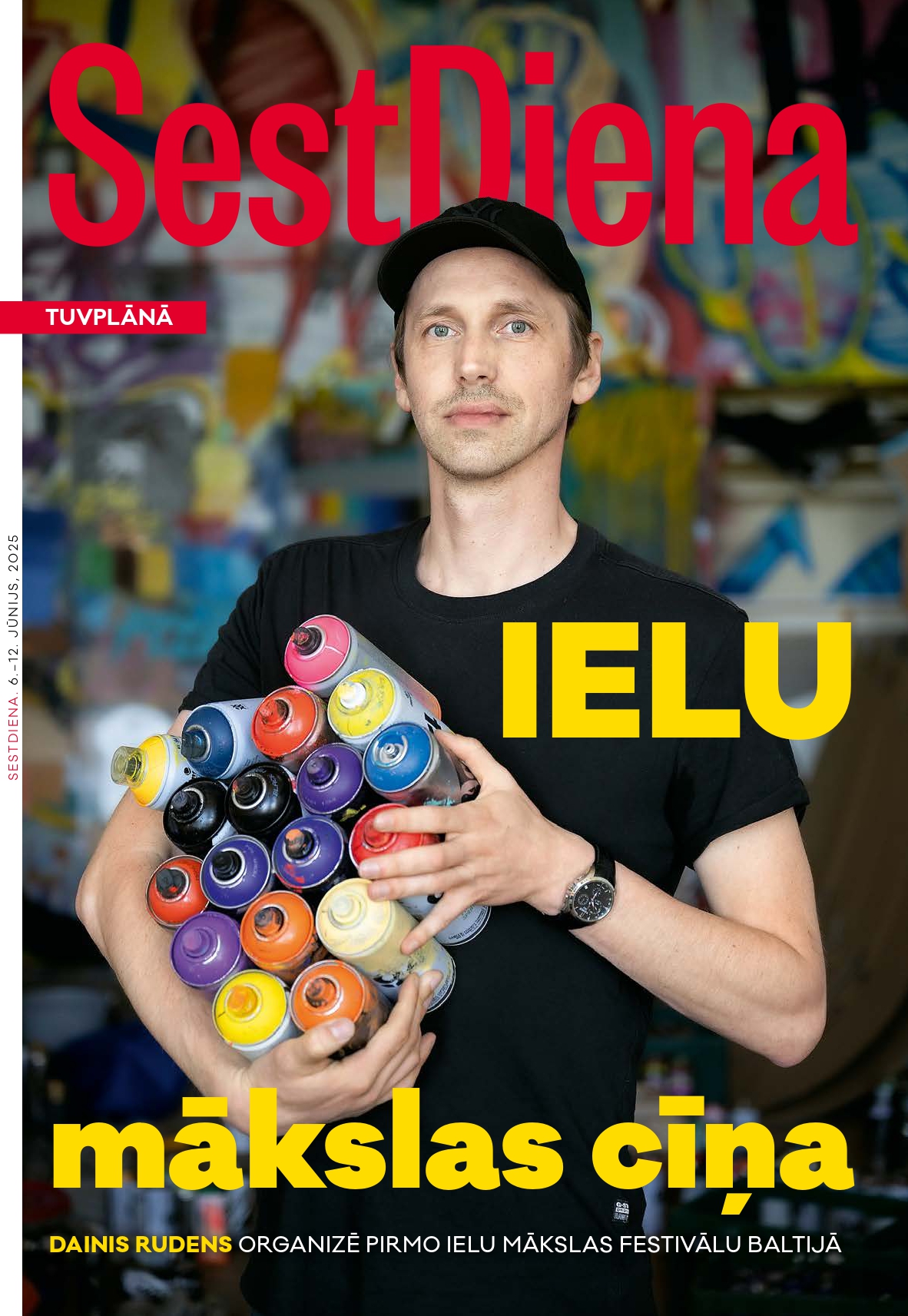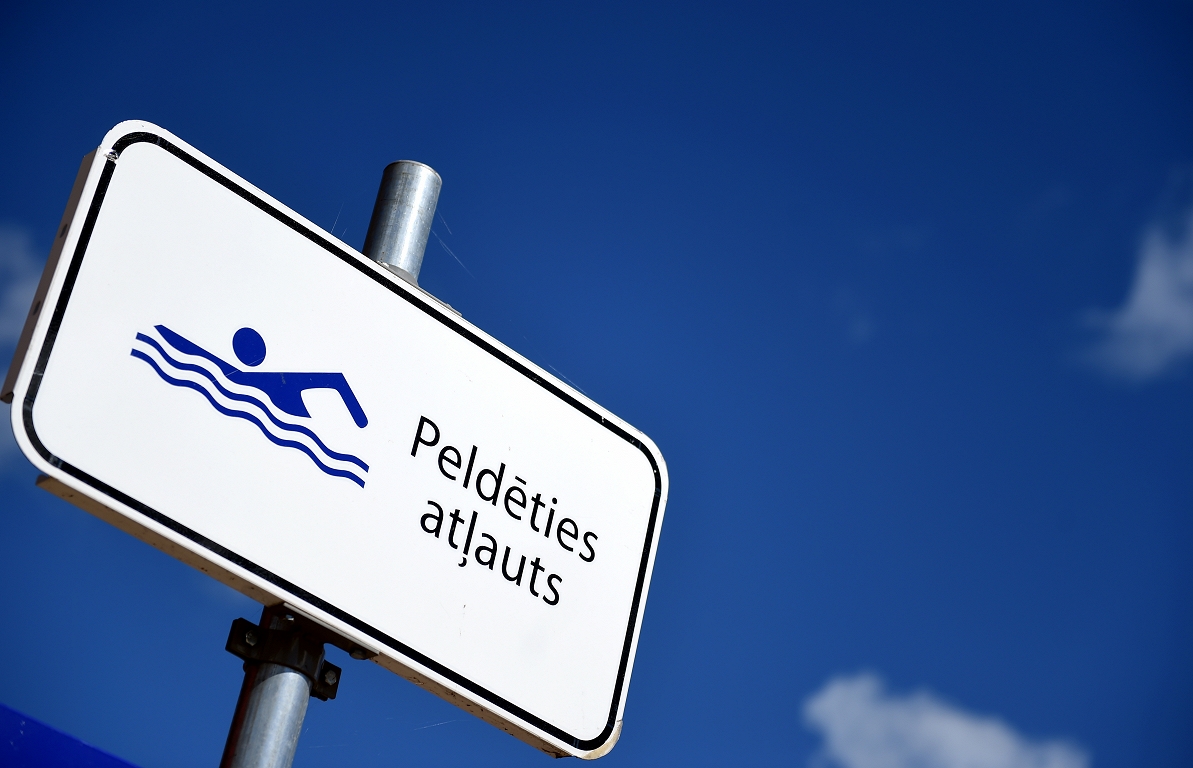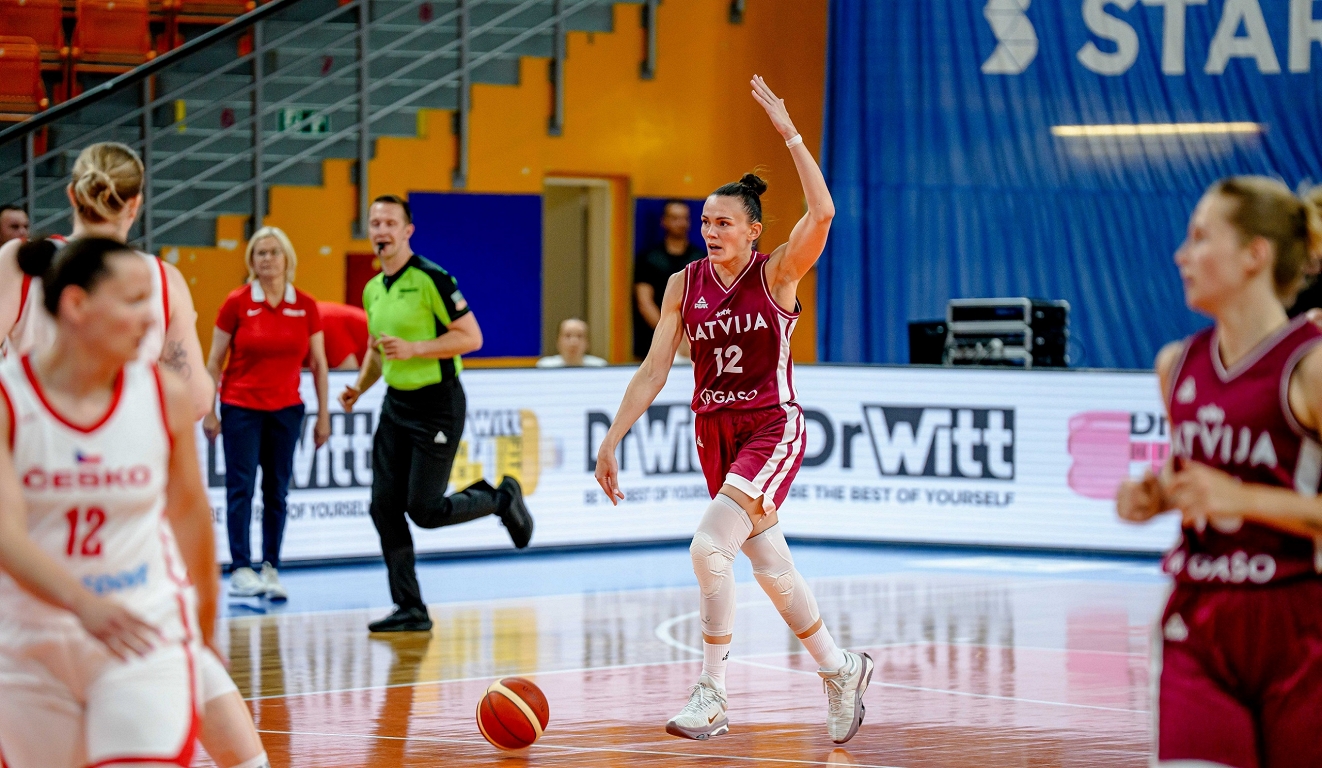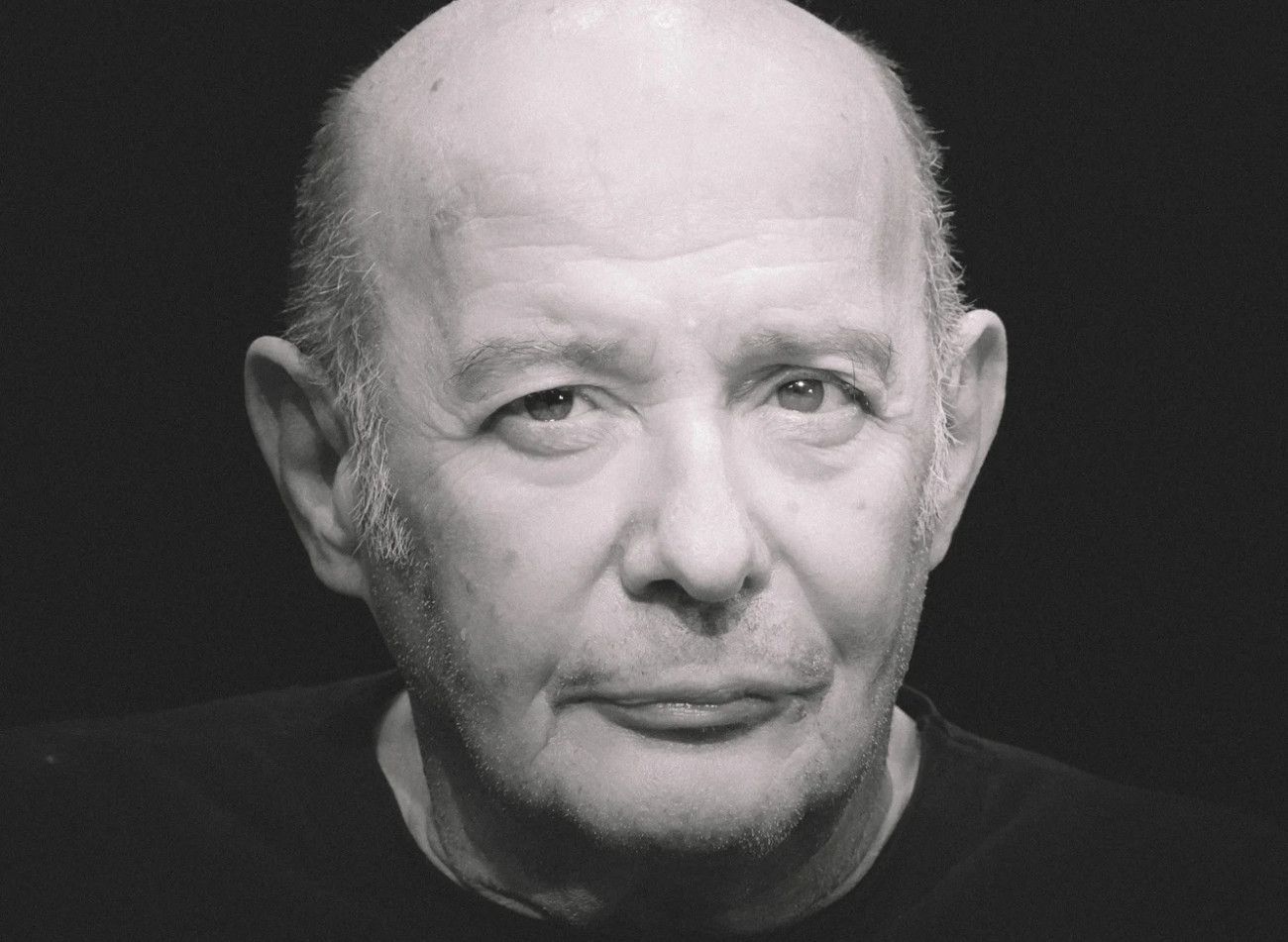Moving and Deporting of forced Ukrainian children is a war crime / day
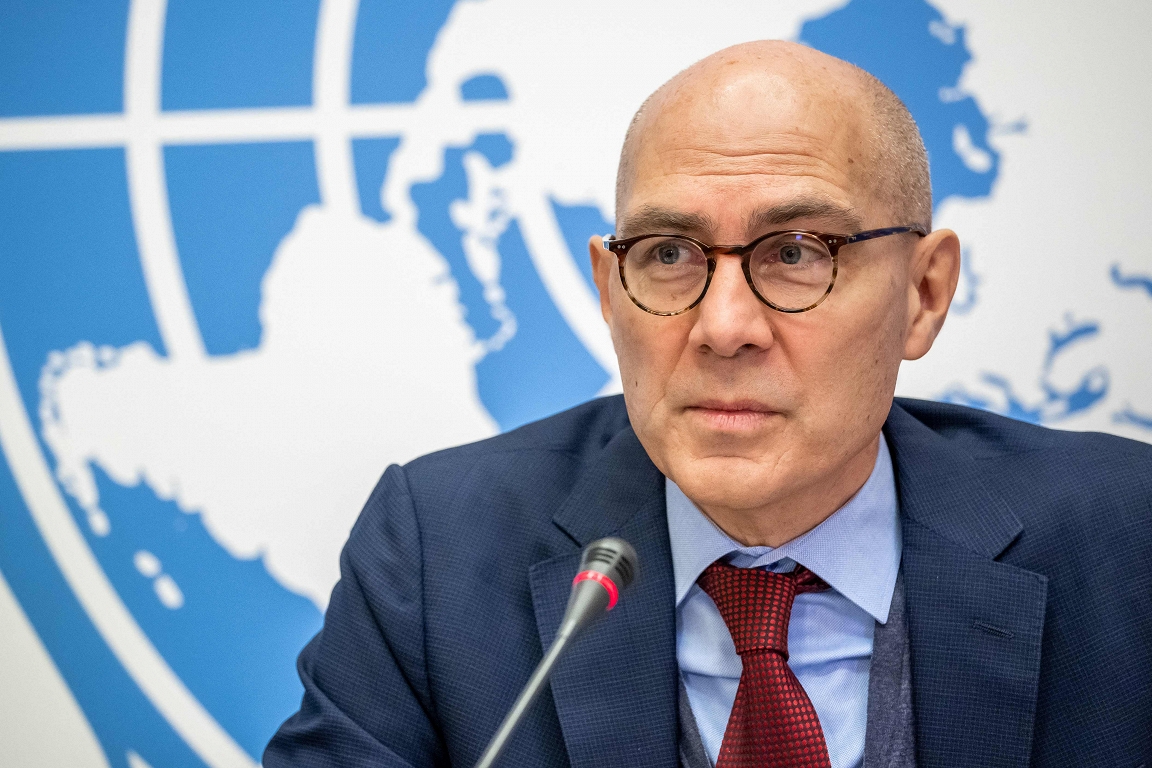
As LETA informed the Ministry of Foreign Affairs (MFA), a report based on the work of the UN Human Rights Monitoring Mission in Ukraine (HRMMU) emphasizes that the destruction of civil infrastructures, including schools and hospitals, has destroyed children’s lives and worsen children’s life.
The report states that at least 669 children were killed in Ukraine from February 24, 2022 to 31 December 2024 and injured in 1833. In 86% of cases, injuries resulted from the consequences of explosions. The highest number of victims was in the first months of the war, decreased in 2023, but again increased in 2024, with Russia intensifying attacks, as well as using long -range missiles and attacking larger cities from the air.
The report emphasizes that by December 2024, more than 3.6 million people were moved inside Ukraine, of which about 737,000 are children. 1.7 million Ukrainian children have gone through refugees. By the end of 2024, 13% of the Ukrainian housing stock was destroyed in the war, which has facilitated the rise in housing rental prices and made them less accessible to moved families. It also makes it difficult to access proper housing, food, health care and employment.
The report states that at least 1614 attacks on educational institutions have been documented, interfering with the studies of 2.2 million students who attended in person. At least 774 attacks on health care institutions have also been documented.
The report explains that the forced movement and deportation of children are in conflict with international humanitarian rights. Russia did not provide information on the location of the children and prevented access to the occupied territories. The Russian legal and administrative system is also contrary to international humanitarian rights.
The report states that when the child was born, a Russian birth certificate was issued and access to health care, education and the social security system was based on Russian citizenship, thereby discriminating against Ukrainian citizens. Forced to register children in Russian citizenship, Ukrainian children were forced to swear trust in the occupier.
The Russian curriculum was imposed in schools using propaganda materials and military training, the report explained.
The International Court, on the other hand, concluded that the way Russia implements the education system in the Crimea involves discrimination against racial. The use of the Ukrainian language and the support of Ukraine was considered a sign of disloyalty, thereby denying children freedom of expression and cultural identity.
The Bureau of the UN High Commissioner for Human Rights recommends that the international community continue to provide financial and technical support to Ukraine, to promote the search and return of deported children through diplomatic channels, to support civil society and all responsibility mechanisms.
In order to continue supporting the work of UN human rights mechanisms, in 2024, Latvia carried out 150,000 euros of contributions to the UN Human Rights Monitoring Mission in Ukraine, as well as EUR 50,000 in the budget of the UN High Commissioner for Human Rights.
The UN High Commissioner at the end of the report gives Russia ten recommendations, including to immediately suspend warfare and to withdraw military forces from Ukraine, to provide full information on moved and deported Ukrainian children and to stop their military training.
It also requires to stop discriminating against those who have not accepted Russian citizenship, to restore access to Ukrainian and Ukrainian culture, to ensure reparation of human rights violations and to provide the UN High Commissioner for Human Rights to access to the occupied areas.

